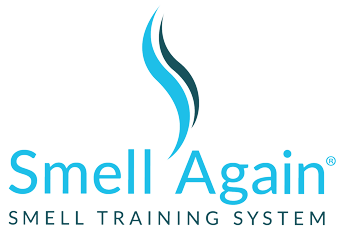Anosmia is slowly becoming a major public health issue owning to its increase in prevalence. No therapy has been proven to help alleviate olfactory dysfunction especially if attributed to post upper respiratory tract infections and post traumatic injuries.
Research shows that exposure to odors can restore olfactory function. This is due to the ability of olfactory receptor neurons to regenerate. This study1 aimed to determine if patients with olfactory loss could improve their sensitivity to smell through smell training.
Study participants were grouped in two. One group was exposed to four types of odors twice daily for 12 weeks (training group) while the other group was not (non-training group). Patient olfactory variables in terms of odor threshold, odor discrimination, and odor identification (TDI scores) were measured before and after the study period using the Sniffin Sticks battery test.
At the end of the study period, there was marked improvement in olfaction in the training group compared to the non-training group. Only 6% in the non-training group improved by 6 TDI points compared to 28% in the training group.
In patients with olfactory dysfunction resulting from URTI’s of who 5 were hyposmic, 2 became normosmic and 3 remained hyposmic. Two patients who had a history of post traumatic injuries improved from being functionally anosmic to being hyposmic. In patients with idiopathic olfactory loss where one was functionally anosmic and two hyposmic, by the end of the study, one was hyposmic while the remaining 2 were normosmic.
In conclusion, 30% of the patients in the training group showed marked improvement in their sense of smell. There was significant improvement in patients who not only had olfactory dysfunction resulting from post URTI’s and idiopathic olfactory loss but also those who had a history of head trauma. This therefore proves that repeated short-term exposure to odors has the ability to trigger regeneration of central olfactory receptor neurons and the olfactory bulb which consequently leads to improvement and restoration of olfactory sense, odor sensitivity and odor discrimination.
References
1. Hummel T, Rissom K, Reden J, Haehner A, Weidenbecher M, Hüttenbrink K-B. Effects of Olfactory Training in Patients with Olfactory Loss. The Laryngoscope. 2009. 496-499 p.
